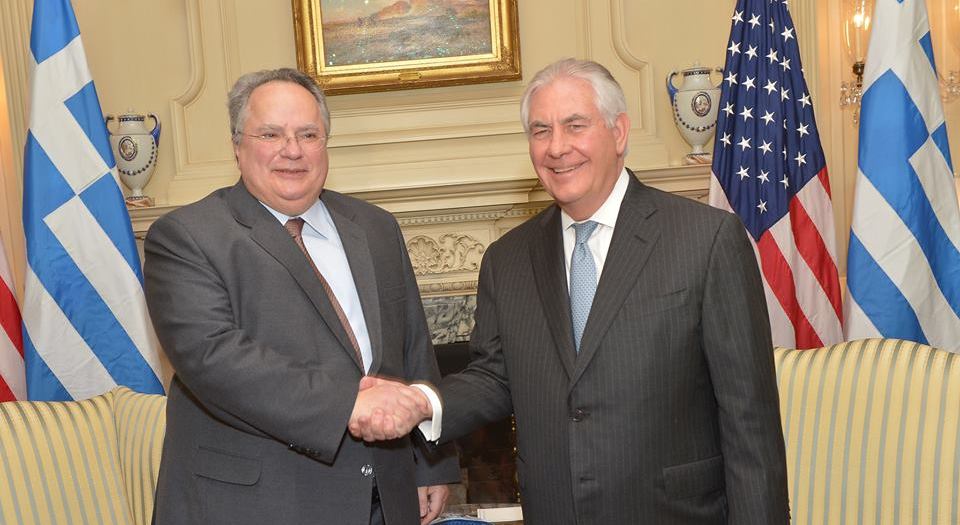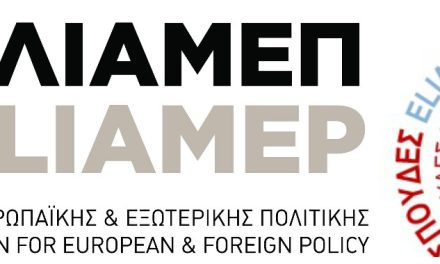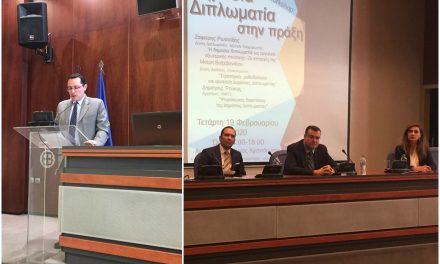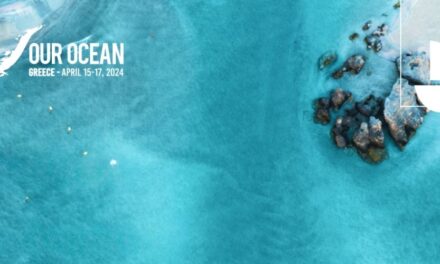The role of Greece as a pillar of responsibility and stability in the center of a wider region of instability was developed by the minister of Foreign Affairs Nikos Kotzias at the meetings he held last week (13-14/03/17) with leading Trump administration foreign policy officials, including Secretary of State Rex Tillerson and National Security Adviser H. R. McMaster.
At his meeting with Tillerson and McMaster, the Foreign minister highlighted the geostrategic role of Greece, with an emphasis on the stability initiatives Athens has undertaken, such as the trilateral cooperation schemes (with Israel, Egypt, Cyprus, Lebanon and Palestine), the quadrilateral cooperation schemes with the Balkan countries-members of the EU, the Rhodes Conference on Security in Southeastern Mediterranean and the International Conference on Religious and Cultural Pluralism and Peaceful Coexistence in the Middle East, all of which have had a positive impact in the wider region. Kotzias argued that inside the instability triangle bounded by Ukraine, the Middle East and Libya, Greece promotes regional security and cooperation in an organized and responsible manner.
The Foreign Minister presented the U.S. Secretary of State with the major energy projects undertaked by Greece towards promoting energy diversification in the EU and turning the country into an energy hub. As he stated to journalists: “I explained the energy projects that exist in the region. I think he knows them better than I do, but I referred to how we see them and the importance to Greeks of Greece’s developing into a transport hub for various forms of energy. At the same time, I referred to other projects as well, such as the creation of road and rail networks, networks of stability in the region. The networks of energy, of railways, of cooperation between universities and research centres. I explained that, first of all, we need networks of stability, and then we can generate economic gains.”
Overall, according to Foreign Minister Kotzias’ statements to journalists on the completion of his visit to the U.S.A.: “I think the two-day visit to the U.S. was very successful. We met with the Secretary of State, we met with the National Security Advisor and his deputy. We also saw the White House Chief of Staff and a number of other officials who deal with foreign policy. We had meetings with Senators and with a team of journalists — I would say that the most interesting was this morning’s meeting, with Reuters. I think what was made clear to the American side is our particular geostrategic analysis of our region, and we agreed on the great need for stability and security in this region. Our country’s special role is a role of responsibility. “
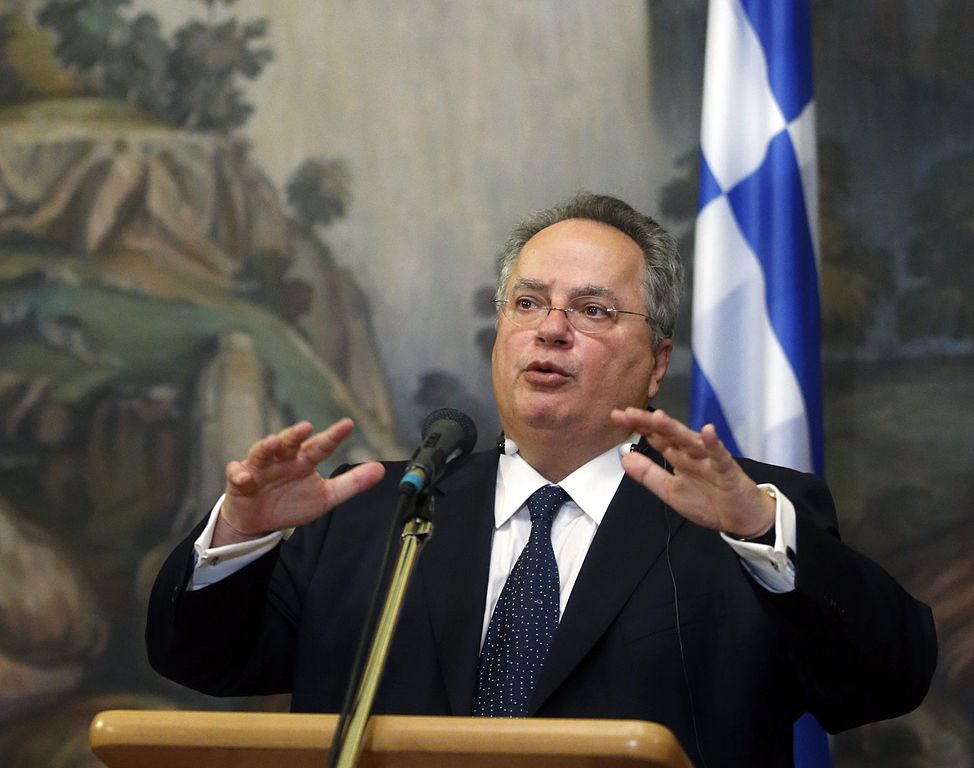
Asked about his view on the new role of the US Administration in the region, Kotzias replied that “I can see that the U.S. Administration is looking for ways to upgrade the role and importance of American foreign policy, in cooperation –as far as I understand, in a different way than in the past, more intensive and equal –with states with which it has very friendly relations.” Finally, asked on whether under president Trump, the US will continue to support Greece on the issue of the eurozone, the debt and the economy, Kotzias replied that “having had an initial conversation on the subject, I think this support will continue and perhaps be even greater”.
As part of his visit to Washington, the minister was interviewed by the editor of The National Interest, Jacob Heilbrunn. Kotzias talked about the new US Administration, Germany, Turkey and Russia, the refugee crisis and the war in Syria. On the issue of the rise of anti-EU sentiments in Europe, the Foreign Minister stressed that we the need to strengthen democracy in the European Union and that “political forces forces need to focus more on the problems of the workers, on the concerns of the middle class”.
TAGS: GOVERNMENT & POLITICS

